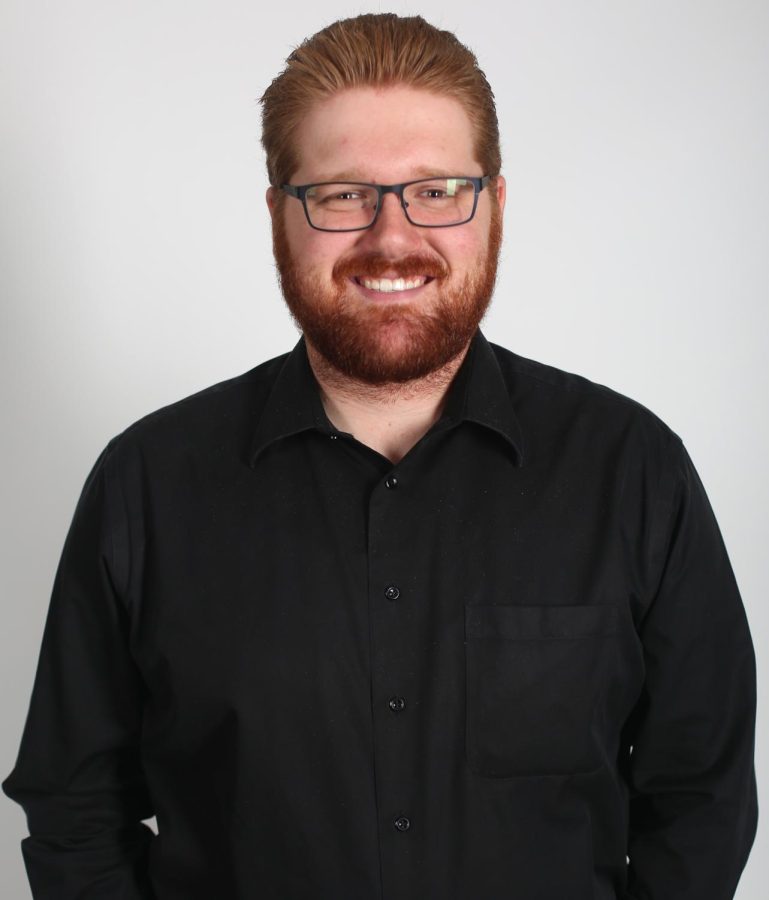Opinion: Athletes should not be vilified for exercising First Amendment rights
August 23, 2017
It’s been just over a year since former San Francisco 49ers quarterback Colin Kaepernick began kneeling for the national anthem pregame. It was a gesture that went widely unnoticed at first, but sparked a league-wide movement after garnering more attention.
Kaepernick originally began kneeling during the anthem after stating that he did not feel the flag represents what he believes it should, referencing the abundance of police-involved shootings going on at the time.
Throughout the rest of the season, players across the league began kneeling, sitting or raising a solitary fist on the sideline. The movement even spilled out beyond football, most notably with U.S. women’s soccer star Megan Rapinoe kneeling before games and facing immediate, formidable backlash.
Since Kaepernick’s initial protest, he declined to return to the 49ers after last season and has been blackballed from the league.
Teams that are desperate for a quarterback have refused to even think about signing him for fear of the distraction his presence would cause, though he has already stated that he plans to stand for the anthem should he get signed. Naturally, these displays have led to some strong stances on each side of the aisle.
Those for the players kneeling raise the point that it is the players’ choice to do so and that they are simply exercising their First Amendment right to free speech.
Those that are against kneeling are saying that the players doing so are disrespecting the flag, the troops and the country. Some are going so far as to say that they are boycotting the NFL.
This hit a fever pitch on Monday, as 12 members of the Cleveland Browns knelt together in a prayer circle before the game with both white and black players taking part. This was the largest demonstration of the kind the league has seen and had some of the most dramatic responses.
Fans took to social media, swearing off the Browns until the players that did so were cut, some going so far as to call the players that took part racist.
While I have tried to stay impartial and not speak out, this specific situation put me over the edge.
How exactly are any of these demonstrations affecting you as a person? How does seeing a person kneel on the sideline for two minutes of a three-hour game make you that upset?
Are you just as upset at players that stand at the sideline with heads down and hands behind their backs, not devoting every single second to thinking about how awesome a country is that is more divided now than it has been in decades?
The common argument is to bring up the “disrespect” and absolute travesty that is directed toward the troops with players kneeling. The reality is that there are veterans who respect those bringing attention to prevalent issues.
This situation with Cleveland is dramatically different from all previous instances. The group, led by Seth DeValve, a white man with a mixed-race child who voiced his concern about raising a child in America today, had the prayer circle cleared by head coach Hue Jackson beforehand.
The members of the team came together for a solidarity moment to pray for the betterment of the country.
With the events that continue to transpire both in Charlottesville, across the country and throughout the world, there has never been more of a need for unity and prayer.
If you don’t like or agree with what the players are doing, that’s one thing.
But if standing for the national anthem is that damn important to you, you better be standing in your living room or at the bar every time the anthem is played.
Jack Kopanski is a general assignment editor, contact him at [email protected].

























